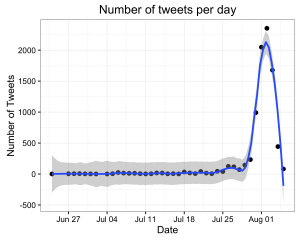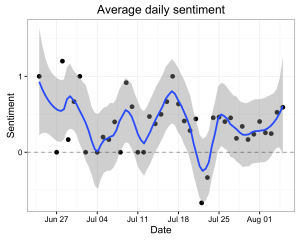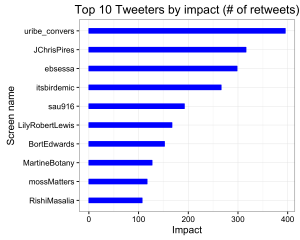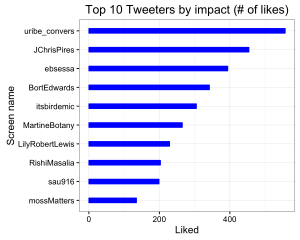Wellcome Trust establishes Open Research
The Wellcome Trust just announced that it will launch a new publishing platform for scientists who receive support from Wellcome (https://wellcome.ac.uk/press-release/wellcome-launch-bold-publishing-initiative). Work published through Wellcome Open Research will be open access, and Wellcome will cover all article processing charges.
Wellcome Open Research will use services developed by F1000Research to make research outputs available faster and in ways that support reproducibility and transparency. It will enable Wellcome grantees to publish a wide variety of outputs from standard research articles and data sets, through to null and negative results.
The platform will use a model of immediate publication followed by transparent invited peer review, with inclusion of supporting data, enabling researchers to reanalyse, replicate and reuse the data, all of which will help to improve the reproducibility and reliability of the research it publishes.
Once articles pass peer review, they will be indexed in major bibliographic databases and deposited in PubMed Central and Europe PMC. Wellcome Open Research will disseminate results almost immediately, ensuring critical advances in urgent areas of research are not held up by lengthy journal processes.
Hat tip: Ivan Oransky and Adam Marcus, STAT.

 In early June, Michael Gove was Secretary of State for Justice and Lord Chancellor of the United Kingdom. (Image at left By Policy Exchange [CC BY 2.0 (
In early June, Michael Gove was Secretary of State for Justice and Lord Chancellor of the United Kingdom. (Image at left By Policy Exchange [CC BY 2.0 (



